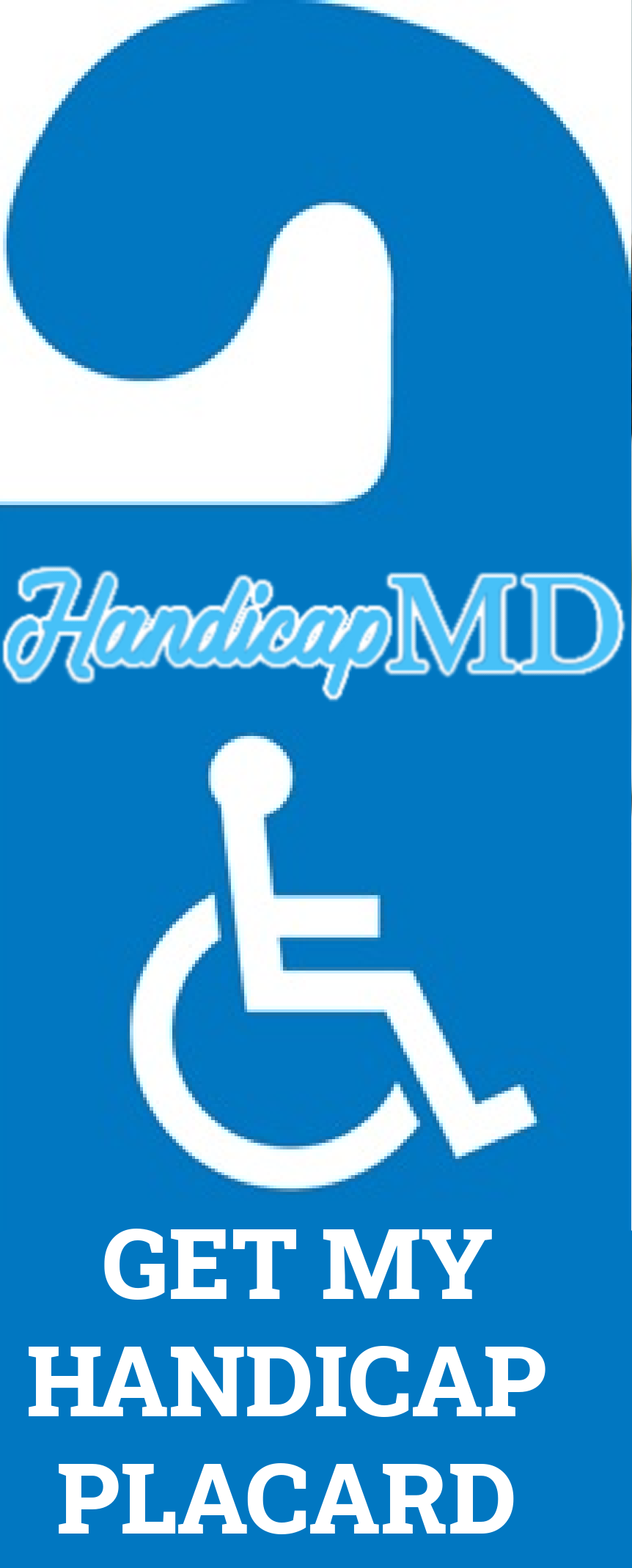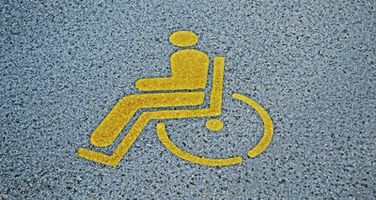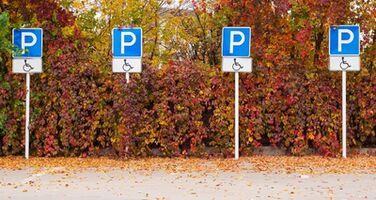
The Impact of Handicap Placard Abuse and How to Report it in Montana
Introduction
Disability pass abuse is a pressing issue that undermines the accessibility and inclusivity of communities. In MT, addressing this abuse is crucial to ensure that individuals with disabilities can access the resources they need. This comprehensive guide explores the definition of handicap placard abuse and outlines steps for reporting it in Montana.
Definition of Handicap Placard Abuse
Disability tags abuse refers to the misuse or fraudulent use of accessible permits designated for individuals with disabilities. This includes using someone else's tag, altering, or parking in designated spaces without a valid reason.
Importance of Addressing the Issue in Montana
In MT, like elsewhere, handicap permit abuse diminishes the quality of life for individuals with disabilities. It restricts access to essential services and facilities, perpetuating inequalities in society. By addressing abuse, communities can promote equality and foster a more inclusive environment for all residents.
Understanding Handicap Placard Abuse
To effectively combat these type of abuse, it's essential to understand what constitutes abuse and its various forms.
What Constitutes Handicap Placard Abuse?
Disability pass abuse encompasses a range of behaviors, including:
- Using a permit that does not belong to the individual
- Utilizing designated spaces without a valid tag
- Altering or forging passes
These actions not only violate the law but also deprive individuals with genuine disabilities of access to deisgnated spaces designed to accommodate their needs.
Different Forms of Abuse
Accessible tags abuse can take different forms, from individuals using expired ones to obtaining these fraudulently. Additionally, some individuals may lend or sell their passes to others, contributing to widespread misuse.
Impact on Individuals with Disabilities
The impact of accessible tag abuse extends beyond inconvenience; it directly affects individuals with disabilities. Limited access to designated spaces can prevent them from accessing essential services, such as healthcare facilities and public amenities, further marginalizing them in society.
Laws and Regulations in Montana
Montana has specific laws and regulations in place to address disability pass abuse and ensure compliance with parking regulations.
Overview of Relevant Laws and Regulations
Montana law prohibits the unauthorized use of accessible passes and outlines penalties for violations. It is illegal to park in designated handicap spaces without a valid disability sticker or to misuse someone else's.
Penalties for Abusing Placards
Individuals caught abusing Montana handicap placards may face fines, license suspension, or other legal consequences. These penalties are intended to deter abuse and protect the rights of individuals with disabilities.
Reporting Procedures and Resources
Reporting this abuse in Montana is straightforward and can be done through various channels. Local law enforcement agencies, parking authorities, and advocacy groups can provide guidance and assistance in reporting abuse.
Common Signs of Abuse
Recognizing the signs of this abuse is crucial for addressing the issue effectively.
Parking Violations and Misuse of Passes
Common signs of abuse include vehicles parked in handicap spaces without visible permits or using expired or altered ones. Additionally, individuals using tags that do not match the registered owner's identity may indicate misuse.
Observational Cues and Red Flags
Other red flags include individuals who do not display visible signs of disability but use handicap parking spaces regularly. Observing these cues can help identify instances of abuse and take appropriate action.
Impact on Community and Individuals
The consequences of disability tag abuse extend beyond the individuals directly involved and can affect the community at large.
Effects on Accessibility and Inclusivity
Abuse of special passes undermines efforts to create accessible environments for individuals with disabilities. It limits their mobility and independence, hindering their participation in social, recreational, and economic activities.
Psychological Impact on Those Affected
For individuals with disabilities, encountering instances of pass abuse can be emotionally distressing. It reinforces feelings of exclusion and marginalization, impacting their overall well-being and sense of belonging in the community.
Reporting Procedures
Reporting the abuse is a proactive step towards combating the issue and ensuring compliance with parking regulations.
Step-by-Step Guide for Reporting Abuse
- Document the violation: Note the date, time, and location of the incident.
- Gather evidence: Take photos or videos of the vehicle and permit in question.
- Contact authorities: Report the abuse to local law enforcement or concerned enforcement agencies.
- Provide details: Provide as much information as possible about the violation and any observed misconduct.
Contact Information for Relevant Authorities
In MT, individuals can report it to local law enforcement agencies, parking authorities, or the Department of Justice. Contact information for these agencies can be found on their respective websites or through directory assistance.
Initiatives to Combat Abuse and Raise Awareness
Communities can implement educational campaigns and enforcement efforts to deter abuse and promote compliance with parking regulations. By raising awareness about the impact of abuse, individuals can become advocates for change and contribute to creating more accessible environments.
Support Services for Individuals Impacted by Abuse
For individuals with disabilities who have experienced handicap placard abuse, support services are available to provide assistance and advocacy. These services may include legal aid, counseling, and referrals to community resources.
FAQs
What qualifies as disability pass abuse?
These abuses encompasses any unauthorized use or misuse of accessible tags designated for individuals with disabilities. This includes using expired or altered tags, utilizing designated spaces without a valid permit, or lending it to others.
How can individuals report abuse anonymously?
Individuals can report disability pass abuse anonymously by contacting local law enforcement agencies or parking authorities. Many jurisdictions offer online reporting options or anonymous tip lines to facilitate the reporting process while protecting the identity of the reporter.
Are there specific times when abuse is more prevalent?
Accessible tag abuse may be more prevalent during peak hours or at locations with limited parking availability. Events such as concerts, sporting events, or shopping holidays may see an increase in abuse as individuals seek convenient parking options.
Can businesses be held accountable for allowing abuse on their premises?
Businesses have a responsibility to enforce parking regulations on their premises and may be liable for permitting or facilitating this abuse. By monitoring designated areas and taking appropriate action against violators, businesses can help prevent abuse and promote accessibility.
What measures are in place to prevent false reporting?
To prevent false reporting, authorities may require individuals to provide specific details or evidence of the alleged abuse. Additionally, anonymous reports may be subject to verification to ensure their credibility before further action is taken.
Are there advocacy groups or organizations dedicated to combating pass abuse?
Yes, several advocacy groups and organizations work to combat the abuse and promote awareness of disability rights. These groups may offer resources, support services, and advocacy efforts to address abuse and improve accessibility for individuals with disabilities.
Conclusion
Addressing handicap placard abuse in Montana is essential for promoting accessibility, inclusivity, and equality in the stae's communities. By understanding the signs of abuse, familiarizing oneself with reporting procedures, and supporting advocacy efforts, individuals can contribute to creating a more inclusive environment for all residents.
.png)






